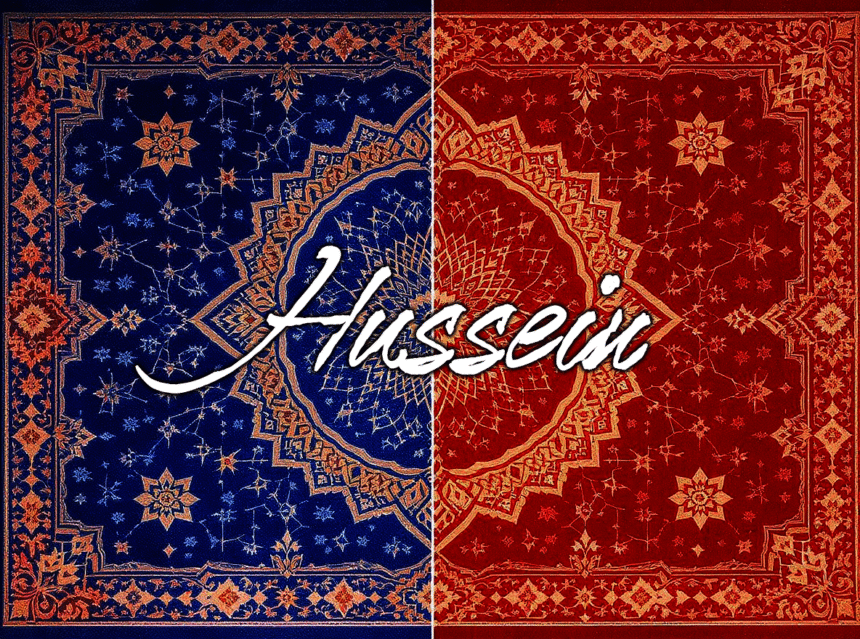Imam Hussein, the revered grandson of Prophet Muhammad, stands as a universal symbol of resistance against tyranny and the embodiment of sacrifice for justice and truth. While his legacy is central to Islamic history, his story has also profoundly influenced Western writers, historians, philosophers, and even political leaders. This blog explores how Western literature and thought have engaged with the life and martyrdom of Imam Hussein.
Western Writers and Historians on Imam Hussein
Edward G. Brown (British Orientalist) Brown, a distinguished professor at the University of Cambridge, wrote in his A Literary History of Persia that the memory of Karbala and Imam Hussein’s sacrifice evokes “the deepest emotions, the most frantic grief, and an exaltation of spirit before which pain, danger and death shrink to unconsidered trifles.” Brown emphasized the unwavering steadfastness of Hussein and his companions, who gave up everything, including their lives, for righteousness.
Thomas Carlyle (Scottish Historian and Philosopher) Carlyle highlighted the spiritual lessons of Karbala, stating: “The best lesson which we get from the tragedy of Karbala is that Hussein and his companions were rigid believers in God. They illustrated that numerical superiority does not count when it comes to truth and falsehood. The victory of Hussein, despite his minority, marvels me!”
Charles Dickens (English Novelist) Dickens reflected on Hussein’s motives: “If Hussain had fought to quench his worldly desires…then I do not understand why his sister, wife, and children accompanied him. It stands to reason therefore, that he sacrificed purely for Islam.” Dickens saw Hussein’s selflessness as evidence of his devotion to principle, not personal gain.
Reynold Alleyne Nicholson (British Scholar) Nicholson described the tragedy of Karbala as a defining moment in Islamic history, recognizing Hussein as a martyr and Yazid as his murderer, and noting the enduring impact of Hussein’s sacrifice.
Simon Ockley (Professor of Arabic, Cambridge) Ockley recounted Hussein’s final moments, emphasizing his nobility, steadfast faith, and refusal to submit to tyranny, highlighting his role as a moral exemplar.
Western Leaders and Thinkers
Mahatma Gandhi (Indian Leader) Gandhi, though not Western, is often quoted in Western discourse for his admiration of Hussein, saying: “I learned from Hussein how to achieve victory while being oppressed.” He saw Hussein’s sacrifice as a model for nonviolent resistance and moral courage.
Rabindranath Tagore (Nobel Laureate, Poet) Tagore remarked: “In order to keep alive justice and truth, instead of an army or weapons, success can be achieved by sacrificing lives, exactly what Imam Hussain did.” His words are frequently cited in Western academic and interfaith contexts.
The Universal Message of Karbala
Western scholars and writers consistently interpret Imam Hussein’s stand at Karbala as a timeless lesson in:
- Justice over Power: The idea that “Right is Might” rather than “Might is Right”
- Sacrifice for Humanity: Hussein’s willingness to give up everything for a higher cause is seen as a universal ideal
- Resistance to Oppression: His resistance against tyranny is celebrated as a model for all who oppose injustice, regardless of faith or background
Conclusion:
Imam Hussein’s legacy, as seen through Western eyes, transcends religious and cultural boundaries. Historians, philosophers, and writers from the West have recognized his martyrdom as a beacon of moral courage, self-sacrifice, and the eternal struggle for justice. His story continues to inspire movements for freedom and human dignity around the world. - Imam Hussein’s message remains a source of inspiration for all who seek justice, truth, and human dignity—values that resonate deeply within Western thought and literature.



